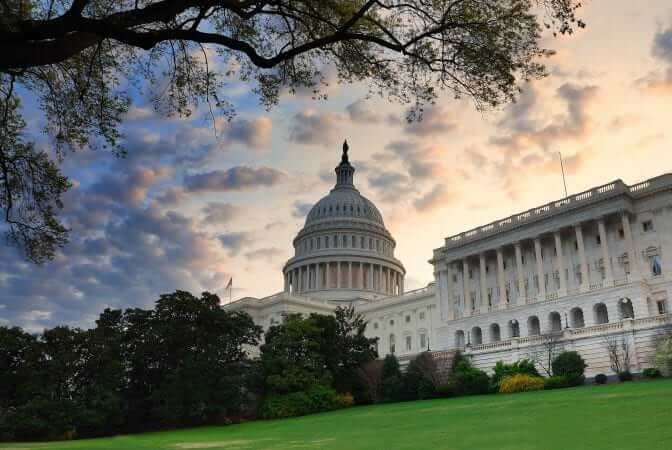
Now that the unexpected has occurred, and Donald Trump is President-elect of the United States, a lot of pundits and analysts will be trying to forecast future policy directions. The Trump presidency is unique in many ways, not the least of which is his frequently cited credential as a successful businessman. As with the Ross Perot candidacy in the 1992 presidential election, many people have suggested that what’s needed in the White House is an executive with business experience. While that may be true — and we will now certainly see — it has to be said that the rules in the business world are not the same as those in the public policy arena.
It’s true that the President appoints his staff and cabinet members, but all of those positions are housed in the executive branch. The President even appoints federal judges; however, the Senate must confirm these appointments. Once confirmed, the posts are for life. Federal judges do not serve at the pleasure of the President the way staff and cabinet members do.
The executive branch is one of three equal branches of the government. Congress is not a board of directors — it is a conglomeration of 535 men and women who each won their election in their state or district. Unlike within the management ranks of corporate America, members of Congress cannot be fired by the President. Only their constituencies can do that.
The differences between the public and private sectors are significant. By definition, public policy is a collaborative undertaking. In the public sector, there is an economic context to be sure, but also social, political, cultural and governing contexts. In the broadest strokes, it is equal parts political, social and economic — the first two of which are not usually the main considerations in a business environment.
Those social and political aspects may not be the most efficient means to governing, but they grease the wheels that enable legislation to be enacted. Much of that will likely be unfamiliar to the new President. Logrolling, for example, is a term that no introductory course in public policy would be complete without. Yet in an MBA program, it is almost certainly absent. Public policy is a participatory process. Corporate strategy, by contrast, requires no such accommodation. Within the limits of the law (a public sector function), private companies may operate freely. Their domain is a very microeconomic one. The government by contrast is a macro entity. Look at the powers government has: regulation, subsidization of entire industries, the ability to ration resources, taxing and spending, implementation of market incentives, privatization, and the ability to assess fees across all segments of the economy.
No business has such a broad scope of activity that can impact so many areas of our lives. This gets us back to why government power is best shared between different branches of government — not concentrated in the office of the President, with or without a pen and a phone.
Public policy is a formidable and complex tool for governing. We are all well-aware of many past failures of public policy over the years. President Trump should endeavor to learn from what many would argue is a relatively short list of public policy successes. Some of those examples include the GI Bill after World War II (Servicemen’s Readjustment Act of 1944), Federal Aid Highway Act of 1956, Voting Rights Act of 1965, Airline Deregulation Act of 1978, Personal Responsibility and Work Opportunity Reconciliation Act of 1996, and the Morrill Act of 1862, which extended the land grant system that funds public colleges to more states.
Public policy is an inclusive, wide-ranging arena that goes well beyond the bounds encompassed by any single business, no matter how many customers it has or how many billions of dollars in revenue it generates. Democracy, particularly in the U.S. — and also by design — can be a messy and unruly process. This most recent presidential election is ample proof of that. But the government’s first responsibility is not to be efficient, but rather to ensure fairness and impartiality to all citizens — something not usually found in corporate mission statements. Only time will tell how President-elect Trump’s experience as a businessman will translate to his presidency.
About the author: Thomas Tunstall, Ph.D., is the Research Director at the Institute for Economic Development at the University of Texas at San Antonio. He was the principal investigator for the Economic Impact of the Eagle Ford Shale studies released in May 2012, March 2013 and September 2014, as well as the West Texas Energy Consortium Shale Study. He has published peer-reviewed articles on shale oil and gas, and has written op-ed articles for The Wall Street Journal. Dr. Tunstall has spent a significant portion of his career on overseas workforce and economic development assignments in such locations as Azerbaijan, Afghanistan, Kenya and Zambia. He holds a Ph.D. in economics and public policy and an MBA from the University of Texas at Dallas, as well as a BBA from the University of Texas at Austin.














